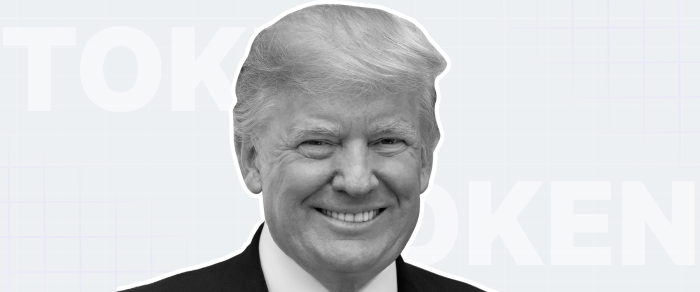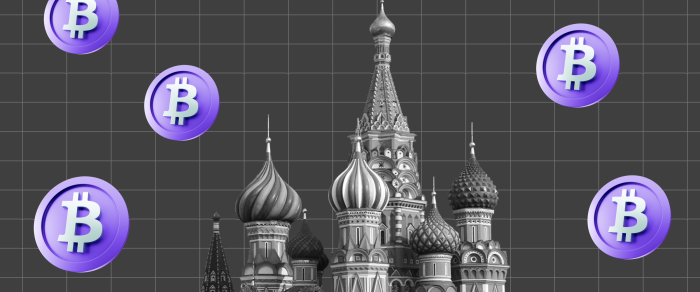Crypto Takes Center Stage in South Korea’s Presidential Race
Cryptocurrency has become an unlikely centerpiece in South Korea’s 2025 presidential election. After years of official skepticism, the country’s leading candidates are now openly competing to prove who is more pro-crypto.
The reason is simple: votes. With an estimated one in ten South Koreans owning digital assets, this group has grown from a niche community into a political force that can no longer be ignored. The discussion has moved from the fringes to the mainstream, with candidates debating regulations and strategies to position South Korea as a global blockchain leader.
Candidates Embrace Crypto Reform
The candidate from the People Power Party is pushing hard for clear, innovation-focused legislation. His platform includes tempting tax incentives for blockchain startups and simplifying the complex rules governing crypto exchanges. His campaign’s message is that embracing digital finance is critical for the country’s economic future.
His Democratic Party rival has quickly followed suit, pivoting from a historically wary stance. He now pledges to work directly with the industry to develop practical regulations, acknowledging the power of digital assets to fuel growth in fintech and e-commerce.
Both are clearly targeting younger voters, many of whom have jumped into crypto as a path to building wealth in a country where the housing market feels impossibly out of reach.
A Dramatic Turn from Past Policy
This political embrace of crypto stands in sharp contrast to previous regulatory actions. South Korea’s financial authorities have cracked down hard on unregistered exchanges, anonymous transactions, and initial coin offerings (ICOs).
The implementation of the Special Financial Information Act in 2021 resulted in the closure of dozens of smaller cryptocurrency platforms and sparked widespread criticism from investors and entrepreneurs.
But public frustration with heavy-handed regulations—and the recognition of blockchain’s economic potential—has prompted a rethink at the highest levels.
“Crypto is no longer just a fringe issue,” said Park Ji-hoon, an analyst at Seoul-based fintech research firm ChainVision. “It’s a mainstream economic and political concern, and the upcoming election could set the tone for the next decade of blockchain development in Korea.”
Industry Players Welcome the Change
th Korea’s crypto exchanges and startups have welcomed the warmer tone. For years, they have called for streamlined licensing, clearer tax laws, and better investor protection.
Now, leaders in the space are expressing optimism that the next administration, regardless of the winner, will foster a more supportive environment, potentially following the pro-crypto models of Singapore or the UAE.
Final Thoughts
As election day draws nearer, the South Korean crypto community finds itself in a rare position: being actively courted by political leaders. While talk of reform is promising, the industry will be watching closely to see if campaign promises translate into meaningful policy changes.
For now, one thing is clear—the crypto vote matters more than ever in South Korea.



